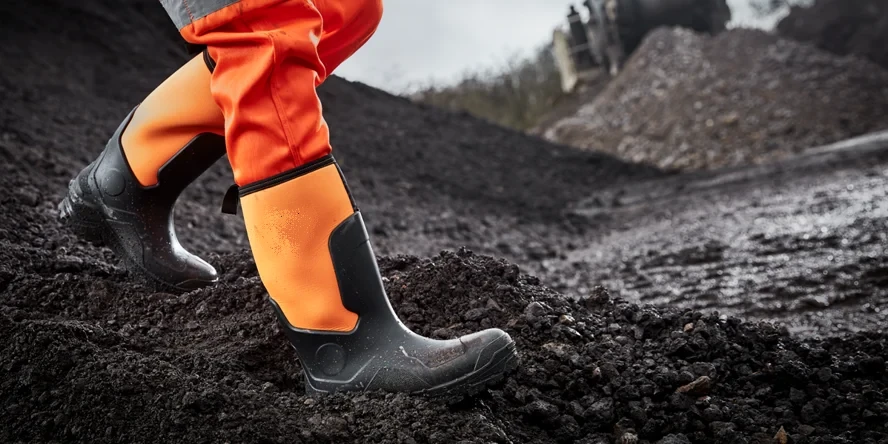Can You Wear Rubber Boots in the Snow?
When winter arrives and snow blankets the ground, choosing the right footwear becomes crucial for comfort and safety. Many people wonder if rubber boots, often associated with wet conditions, are suitable for snowy environments. The answer isn't as straightforward as it might seem; it involves looking at various factors such as insulation, tread, moisture management, and personal comfort.
First and foremost, rubber boots are designed to be waterproof, making them an excellent choice for slushy conditions or wet snow. However, while they keep water out, many rubber boots offer little to no insulation. This means that while your feet may stay dry, they can also become cold quickly if the temperatures dip significantly. For those planning to spend extended periods outdoors in snowy weather, it's essential to consider boots with insulation or lining that can trap heat and keep feet warm.
Another aspect to consider is the tread of the rubber boots. Snow can create slippery conditions, and having proper traction is vital to prevent falls. Many rubber boots lack the rugged tread necessary for navigating icy or snowy surfaces. Look for boots with deep lugs or specially designed soles that provide better grip. Some brands even offer winter-specific models that are specifically engineered for snowy conditions.
can you wear rubber boots in the snow

Moisture management is equally important when it comes to wearing rubber boots in the snow. If you find yourself stepping in deeper snow, moisture can build up inside your boots, leading to cold and uncomfortable feet. To mitigate this, make sure to wear moisture-wicking socks that can help keep your feet dry. Additionally, there are some rubber boots designed with breathable linings that help control humidity inside the boot, making them more comfortable for winter wear.
Another factor to consider is how deep the snow is. If you are navigating through deep snow, rubber boots may not provide sufficient protection against snow getting into the top of the boot. In this case, taller, insulated snow boots may be a better choice. These boots often come with features like gaiters or snow collars to keep snow from entering.
In conclusion, while rubber boots can be worn in the snow, their effectiveness largely depends on the specific conditions and how long you plan to be outside. For short excursions in wet or slushy conditions, they can be a convenient choice. However, for prolonged exposure to cold and deeper snow, investing in a good pair of insulated winter boots with proper traction would be a wiser option. Ultimately, always consider your activity and comfort level when deciding which boots to wear in snowy weather. Your feet will thank you for making the right choice!
-
Stay Dry in Any Condition with WadersNewsJul.17,2025
-
Elite Performance with Camouflage Combat BootsNewsJul.17,2025
-
Dry and Comfortable with Green Rubber Garden ShoesNewsJul.17,2025
-
Convenient Protection with Foldable RainbootsNewsJul.17,2025
-
Comfort and Protection with Neoprene Work BootsNewsJul.17,2025
-
Brighten Rainy Days with Floral Rain BootsNewsJul.17,2025
-
Safety Wellies: The Ultimate Combination of Protection, Comfort, and VisibilityNewsJun.19,2025











